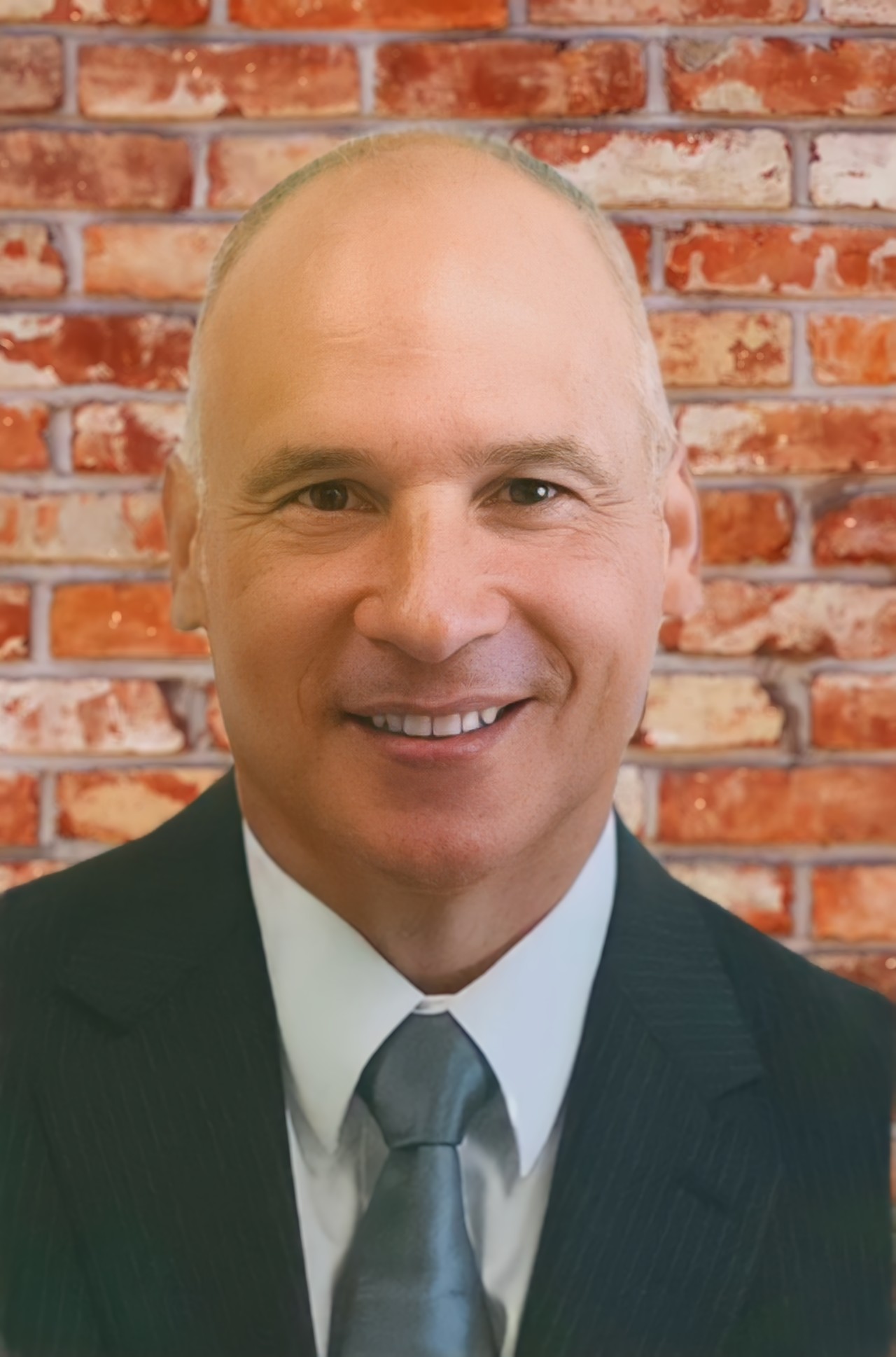An “insanity” defense provides an affirmative defense to criminal liability. When a defendant asserts an insanity defense, they admit committing the alleged offense but deny criminal culpability due to a mental illness or defect that prevented them from understanding the nature of their actions or evaluating “right” from “wrong.” As an affirmative defense, a defendant bears the burden of proof to demonstrate their “insanity” during the crime by clear and convincing evidence. The clear and convincing evidence standard requires a defendant to present substantial evidence proving their insanity.
Legal Standard for “Insanity”
Under Florida law, a factfinder in a criminal case must presume a defendant’s sanity. A defendant can establish their “insanity” by showing that they had a mental infirmity, disease, or defect and that because of that condition, the defendant either could not appreciate their actions or the consequences of their actions or did not understand that their actions constituted wrongful or unlawful activity.
Differences Between Insanity and Diminished Capacity Defenses
A defendant facing criminal charges may present a “diminished capacity” defense, which differs from an insanity defense in several ways. An insanity defense provides a complete defense to criminal liability for a charged crime. Conversely, a diminished capacity defense provides a partial defense to a criminal charge by negating the mental culpability element of the charge. In most cases, a diminished capacity defense will result in a reduction of the grading of a defendant’s charge; for example, a diminished capacity defense may reduce a murder charge to manslaughter.
Proving an Insanity Defense
A defendant, through their attorney, must inform the prosecution and the trial court within 15 days of the arraignment or the filing of a plea of not guilty that the defendant will assert an insanity defense at trial. In most cases, a defendant asserting an insanity defense must present expert testimony from a mental health professional, such as a psychiatrist. The defendant’s expert will examine the defendant to diagnose their mental infirmity or illness; the expert may also review the defendant’s mental health records or interview the defendant’s family members and friends to establish that the defendant suffered from the mental infirmity or illness when they committed the crime. However, the prosecution can present opposing expert testimony and other evidence proving that the defendant understood their actions, such as efforts to cover up the crime or flee from arrest or prosecution.
Challenges in Pursuing an Insanity Defense
Asserting an insanity defense in a criminal case comes with various complexities and challenges, including:
- Competency: Asserting an insanity defense may raise questions about a defendant’s competency. A court must find a defendant competent to stand trial to proceed with a criminal case. A defendant who claims that they had a mental disease, defect, or infirmity may not have the competency to stand trial. When a defendant presents an insanity defense, the court may choose to hold competency proceedings to ensure the defendant can legally stand trial.
- Difficulty: Insanity defenses usually do not succeed, as a defendant bears a high burden of proof to show that they had a mental infirmity, disease, or defect and that condition prevented them from understanding the nature or wrongfulness of their actions.
- Outcomes: A successful insanity defense does not mean that a defendant walks free at the end of a criminal case. Instead, a successful insanity defense means the jury finds the defendant not guilty by reason of mental disease or defect. In most cases, a defendant found not guilty by reason of mental disease or defect will have to submit themselves for inpatient treatment in a mental health facility to treat their mental infirmity, disease, or defect.
Contact Our Panama City Criminal Defense Lawyer Today
If you have mental health issues or a diagnosed mental illness, a criminal defense attorney can review your case to determine whether you may have a viable insanity defense. Contact The Sombathy Law Firm today for a confidential consultation to discuss your legal options for presenting a defense to your charges.


